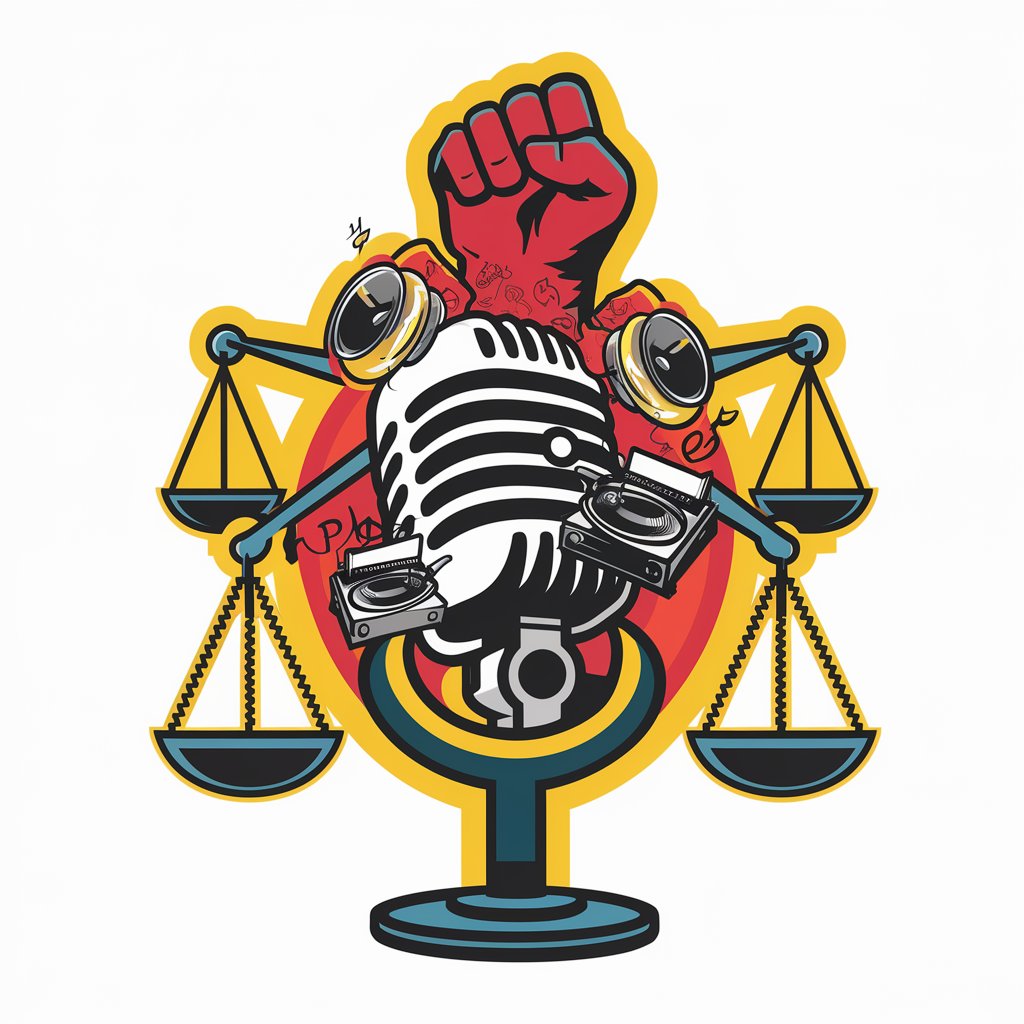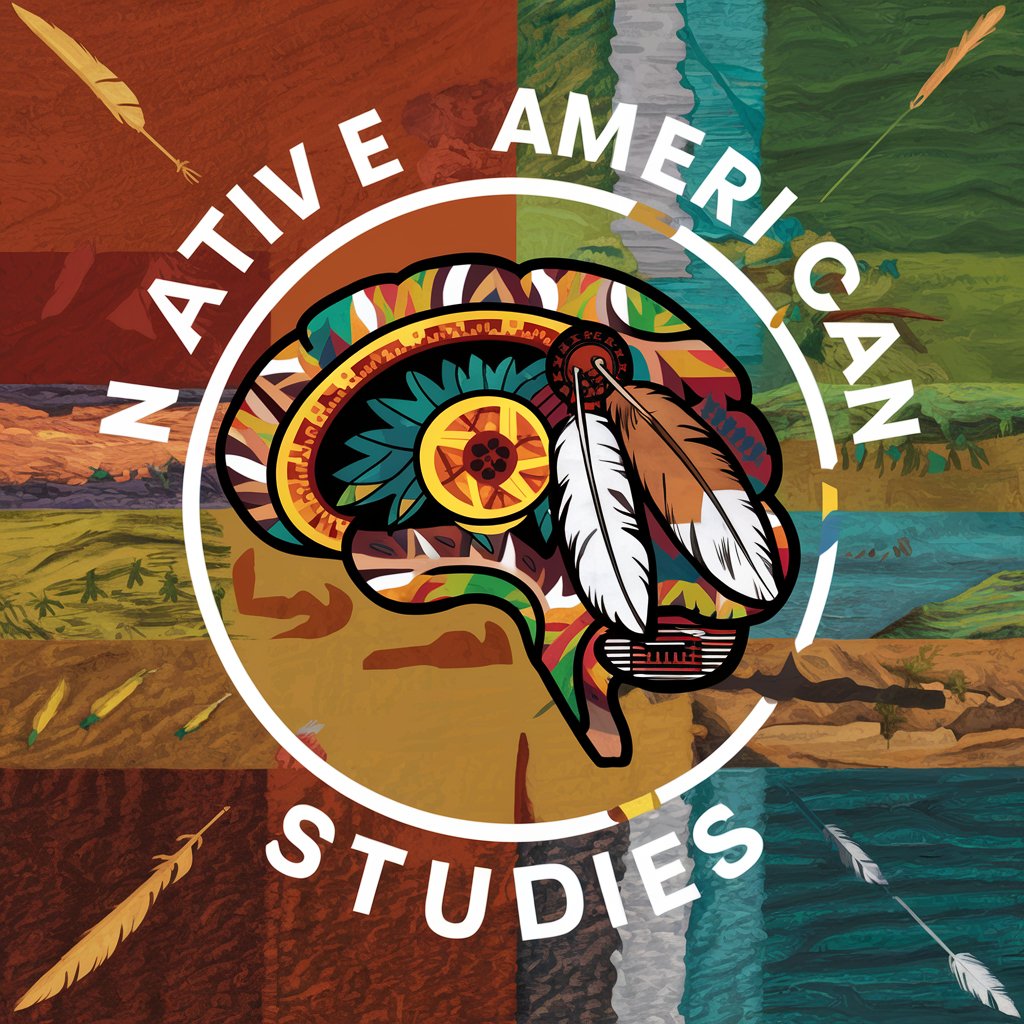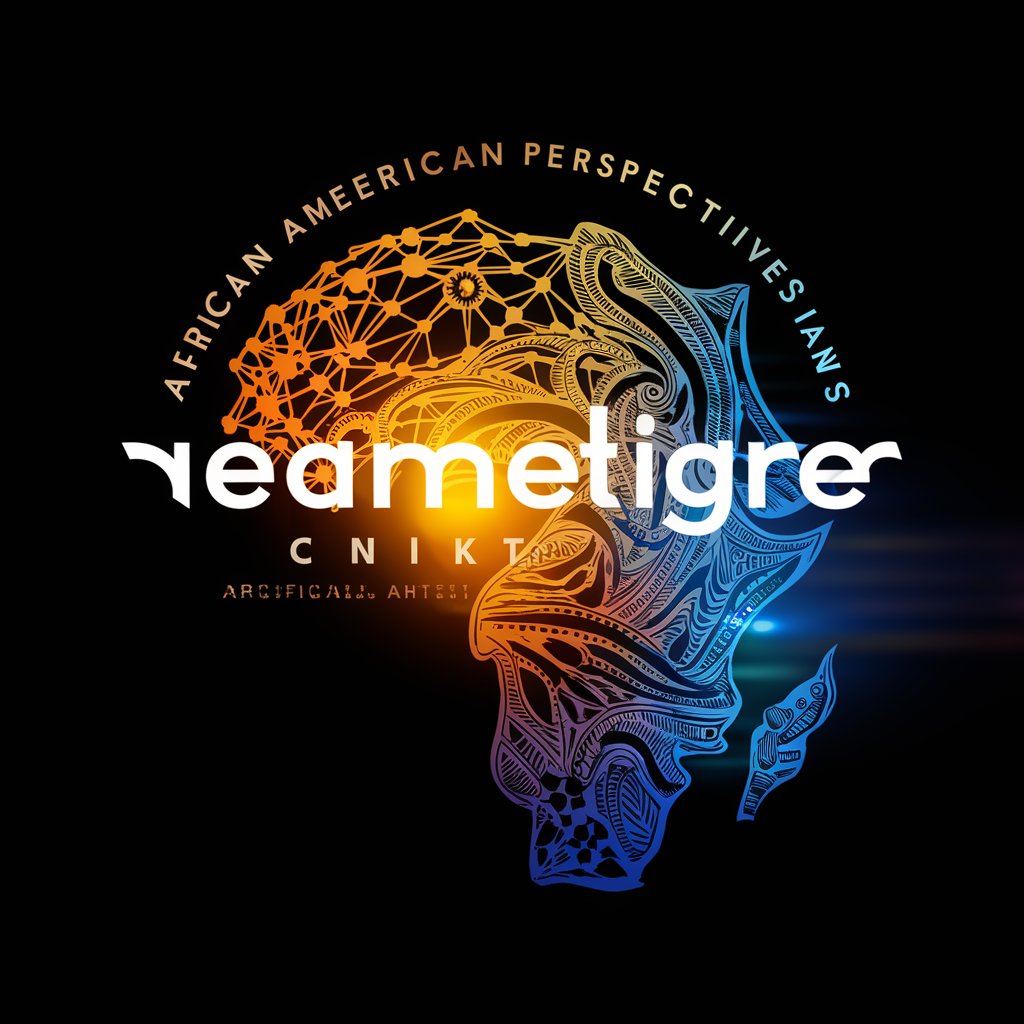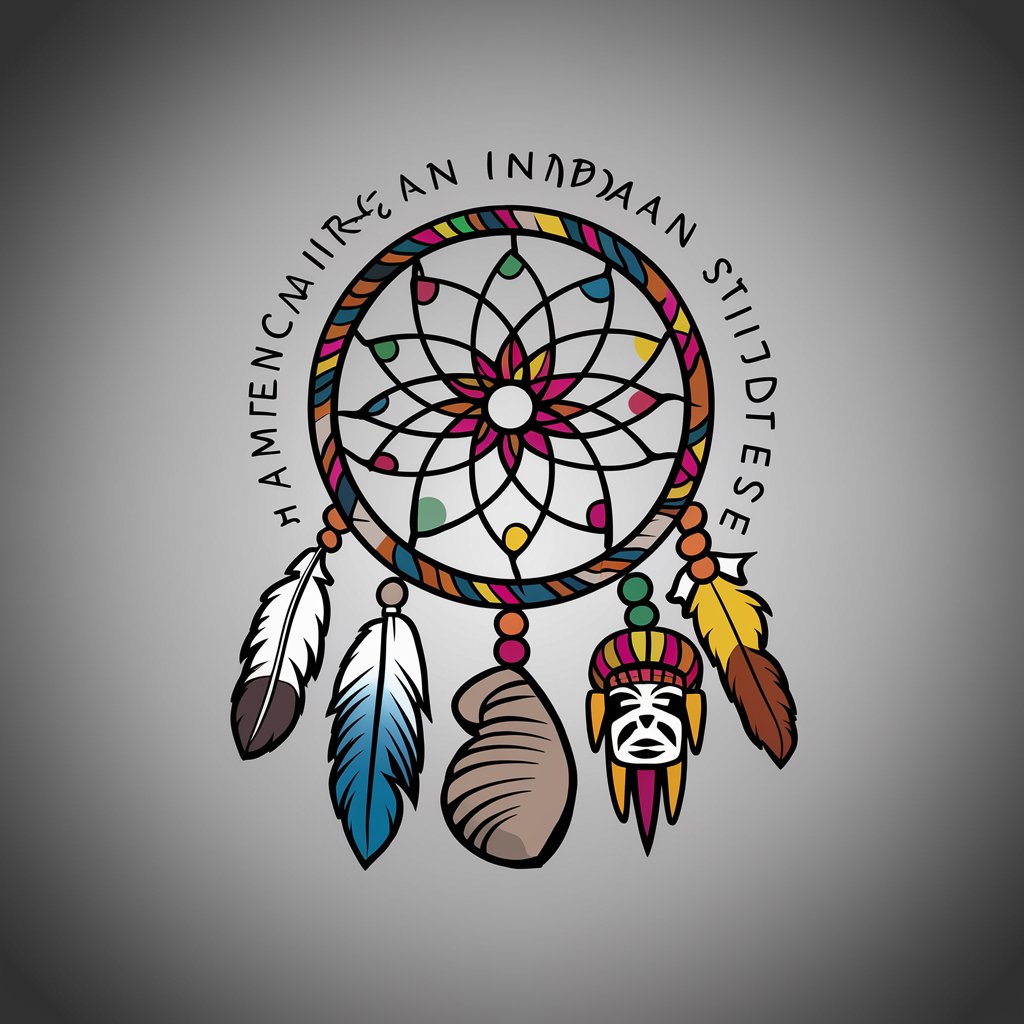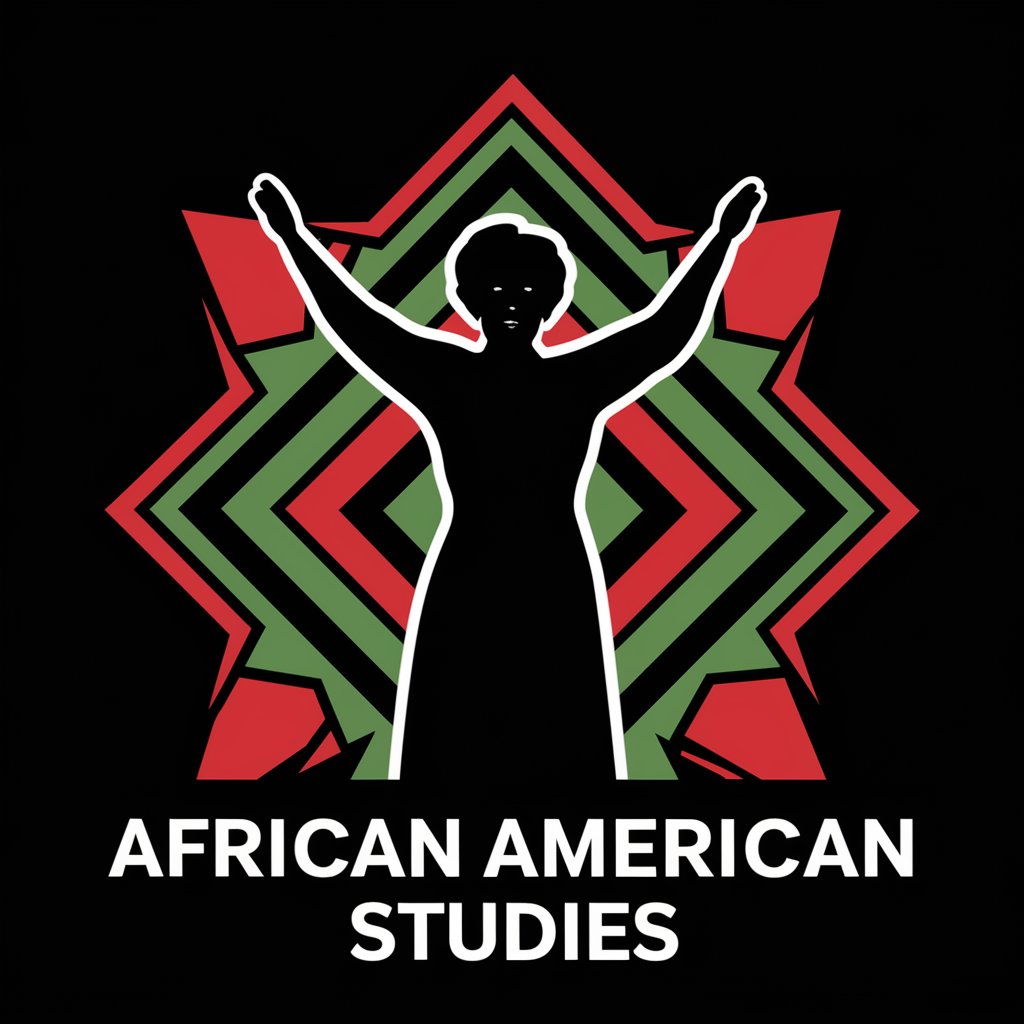
Chicano Studies - Chicano Studies Insights
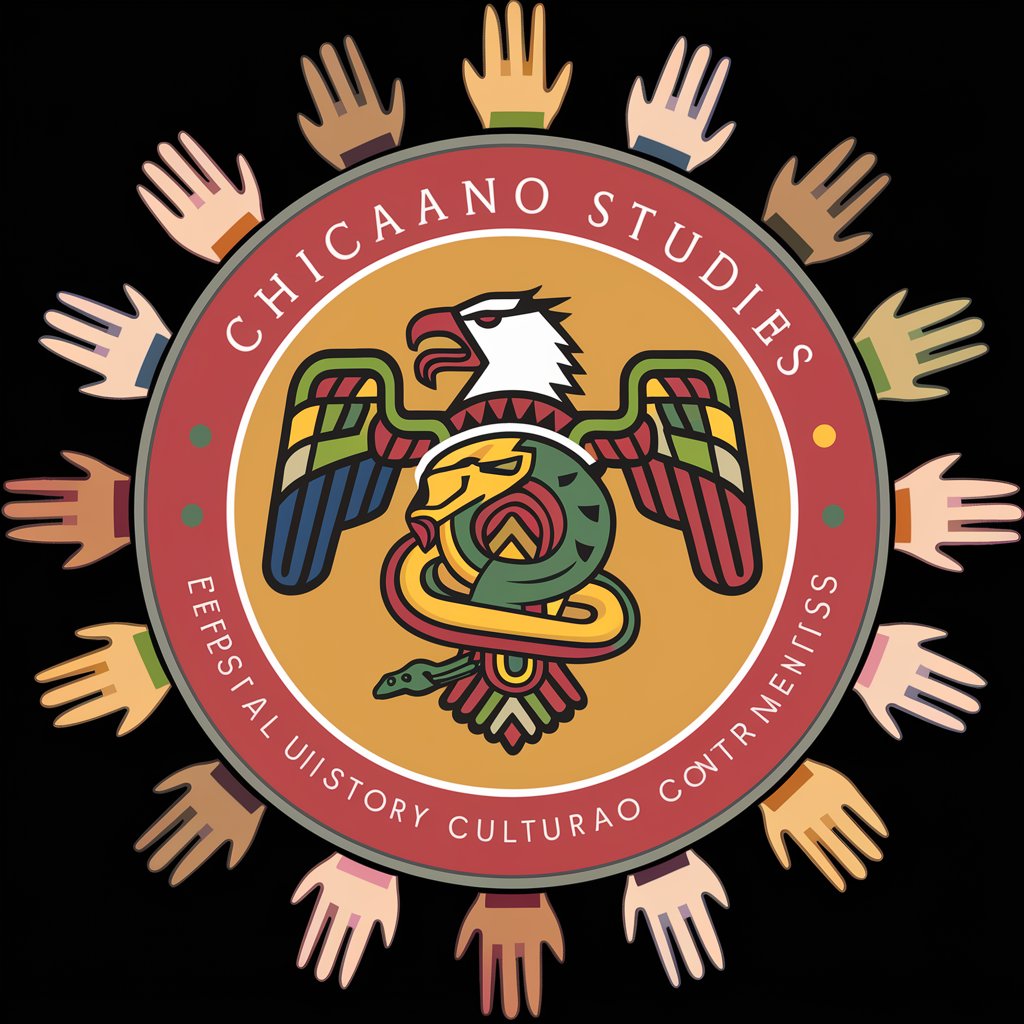
Welcome! Let's explore the rich tapestry of Chicano history and culture.
Empowering through Chicano Cultural Insights
Explain the historical significance of the Chicano Movement in the 1960s.
Discuss the cultural contributions of Chicano artists in the United States.
Analyze the impact of immigration policies on Chicano communities.
Describe the role of education in preserving Chicano heritage.
Get Embed Code
Introduction to Chicano Studies
Chicano Studies is an interdisciplinary field of academic research that focuses on the historical, cultural, social, and political experiences of Chicanos/as and Latinos/as in the United States. Originating in the 1960s and 1970s as part of the broader Chicano Movement, this field examines the unique identity, struggles, and contributions of Mexican Americans and other Latino communities. It integrates perspectives from various disciplines including history, sociology, political science, literature, art, and education to provide a comprehensive understanding of Chicano and Latino experiences. Chicano Studies aims to promote social justice, equality, and empowerment through education, research, and activism. An example illustrating its purpose is the analysis of Chicano murals in urban spaces, which not only reflects cultural identity and political struggle but also serves as a form of community activism and public art. Powered by ChatGPT-4o。

Main Functions of Chicano Studies
Cultural Preservation and Analysis
Example
Researching and documenting the history of Chicano literature and its impact on American culture.
Scenario
In a university course, students might analyze the works of Chicano poets and writers to understand how they reflect and shape cultural identity and resistance against marginalization.
Social and Political Activism
Example
Studying the role of Chicanos in the American labor movement, such as the United Farm Workers.
Scenario
Community workshops or seminars might use Chicano Studies insights to strategize on contemporary labor rights issues, drawing lessons from historical movements.
Educational Equity and Empowerment
Example
Developing curriculum and educational programs that incorporate Chicano history and culture into K-12 and higher education.
Scenario
Schools might implement Chicano Studies programs to promote cultural diversity and understanding among students, enriching their educational experience and fostering an inclusive environment.
Community Engagement and Development
Example
Collaborating with local communities to create cultural events, such as festivals celebrating Chicano heritage.
Scenario
Chicano Studies scholars might work with community leaders to organize events that celebrate Chicano culture, history, and contributions, enhancing community pride and cohesion.
Ideal Users of Chicano Studies Services
Students and Academics
Individuals engaged in higher education or scholarly research who are interested in exploring the complexities of Chicano and Latino experiences, history, and culture. Chicano Studies offers them a multidisciplinary approach to understanding ethnic identities and social justice issues.
Educators and Curriculum Developers
Teachers and educational professionals seeking to integrate Chicano history, culture, and perspectives into their curriculum to provide a more inclusive and comprehensive educational experience for all students.
Community Organizers and Activists
Those involved in social justice, community development, and advocacy work who can use Chicano Studies as a foundation to address issues of inequality, promote cultural awareness, and engage in community-building activities.
Policy Makers and Social Workers
Professionals in government and social services who require a deep understanding of the specific needs, challenges, and contributions of Chicano and Latino communities to create effective and equitable policies and programs.

How to Utilize Chicano Studies
Begin Your Journey
Start exploring Chicano Studies by accessing yeschat.ai for a complimentary trial, with no account creation required or obligation to subscribe to ChatGPT Plus.
Identify Your Interest
Determine your focus within Chicano Studies, whether it's history, culture, politics, or art. This helps in tailoring your queries for more precise information.
Engage with Content
Utilize the tool to ask questions, explore topics, or seek academic assistance. It's designed to provide in-depth insights and cultural perspectives.
Apply Knowledge
Use the insights gained for academic writing, research projects, or enhancing personal understanding of Chicano and Latino contributions and challenges.
Share and Discuss
Leverage the information to engage in meaningful discussions, presentations, or further scholarly exploration. Sharing insights can foster a broader understanding and appreciation.
Try other advanced and practical GPTs
Feminism
Empowering Equality Through AI

InclusiVox
Empowering Inclusivity with AI
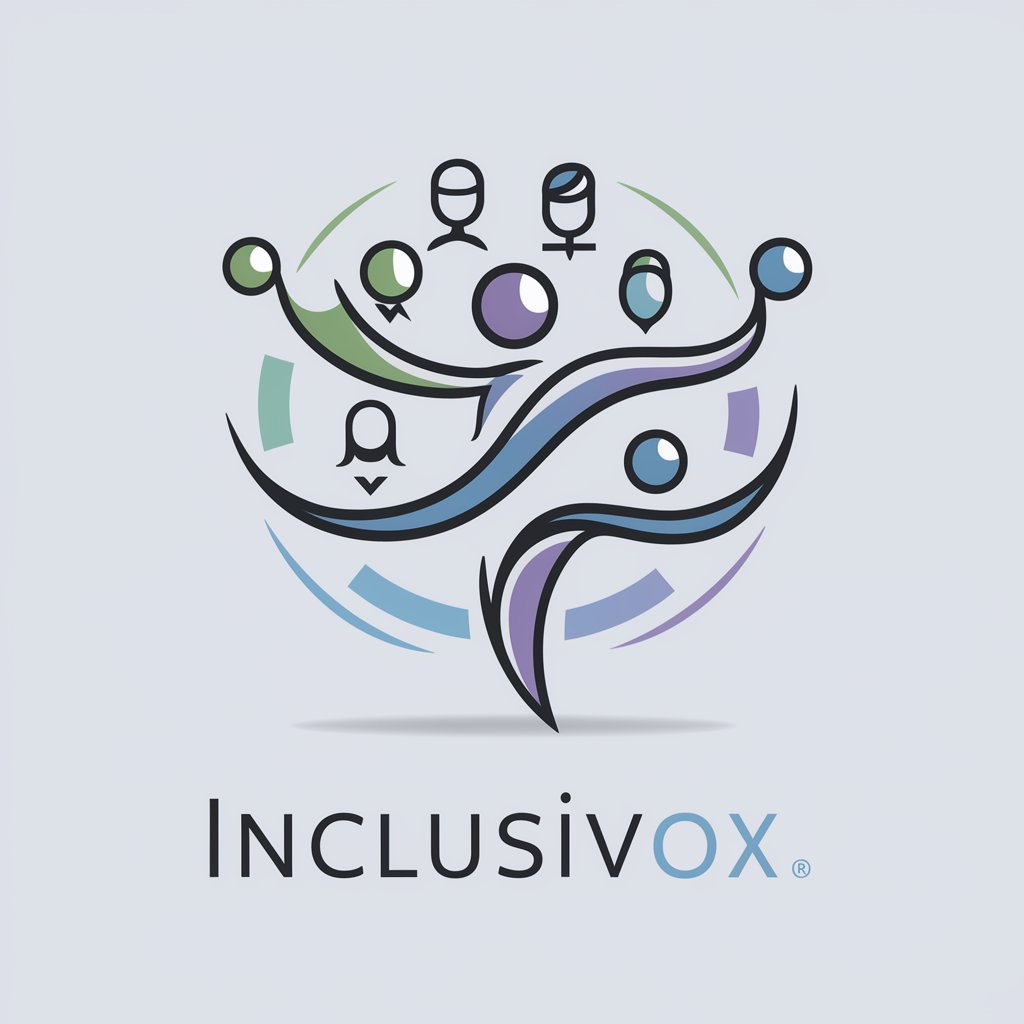
DEI Checker
Empowering Inclusive Communication with AI

AllyCoach GPT
Empowering Your Work-Life with AI

Enervibe Designer
Crafting targeted wellness visuals effortlessly.

Narrative Genius
Crafting Stories with AI-Powered Precision
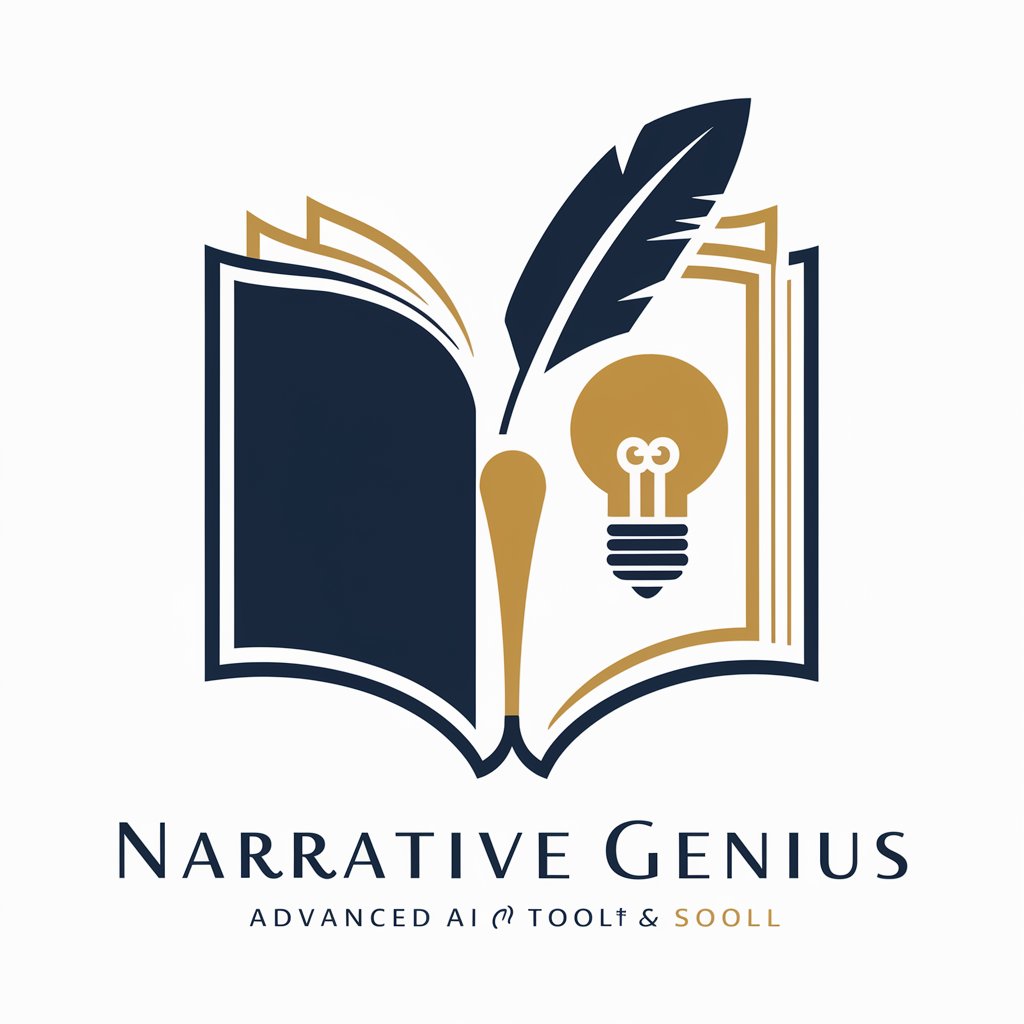
Financial Analysis
Empowering finance with AI insights

Chief Financial Officer (CFO)
Empowering Financial Decisions with AI

Gross Profit Margin Genius
AI-powered financial margin enhancer

Price
Empowering informed pricing decisions with AI

Collaborative Writing
Empower Your Stories with AI

Complete Proofreading in One Click
Elevate Your Writing with AI-Powered Proofreading

Detailed Q&A on Chicano Studies
What is Chicano Studies?
Chicano Studies is an interdisciplinary academic field that examines the historical, cultural, social, and political experiences of Chicanos/as and Latinos/as in the United States. It explores themes such as identity, migration, labor, education, and activism, aiming to provide a comprehensive understanding of the Chicano/Latino presence and impact in the U.S.
How can Chicano Studies benefit educators?
Educators can use Chicano Studies to develop more inclusive curricula that reflect the diverse histories and contributions of Chicano/Latino communities. It offers resources and perspectives that can enhance cultural competence, promote social justice, and foster an educational environment where all students feel represented and valued.
What research opportunities does Chicano Studies offer?
Chicano Studies provides a rich ground for research across various disciplines, including history, sociology, political science, and literature. Scholars can explore issues related to immigration, assimilation, resistance, and cultural production, contributing to broader understandings of American society and culture.
How can individuals outside academia engage with Chicano Studies?
Individuals can engage with Chicano Studies through community workshops, public lectures, cultural festivals, and by reading publications focused on Chicano/Latino history and culture. Social media and online platforms also offer accessible ways to explore and participate in discussions related to Chicano Studies.
What are some key historical movements important to Chicano Studies?
Key historical movements integral to Chicano Studies include the Chicano Civil Rights Movement of the 1960s and 1970s, the United Farm Workers movement, educational reform movements such as the Chicano Blowouts, and the more recent DREAM Act and immigration reform advocacy. These movements highlight the struggle for equality, rights, and recognition within the Chicano/Latino community.
